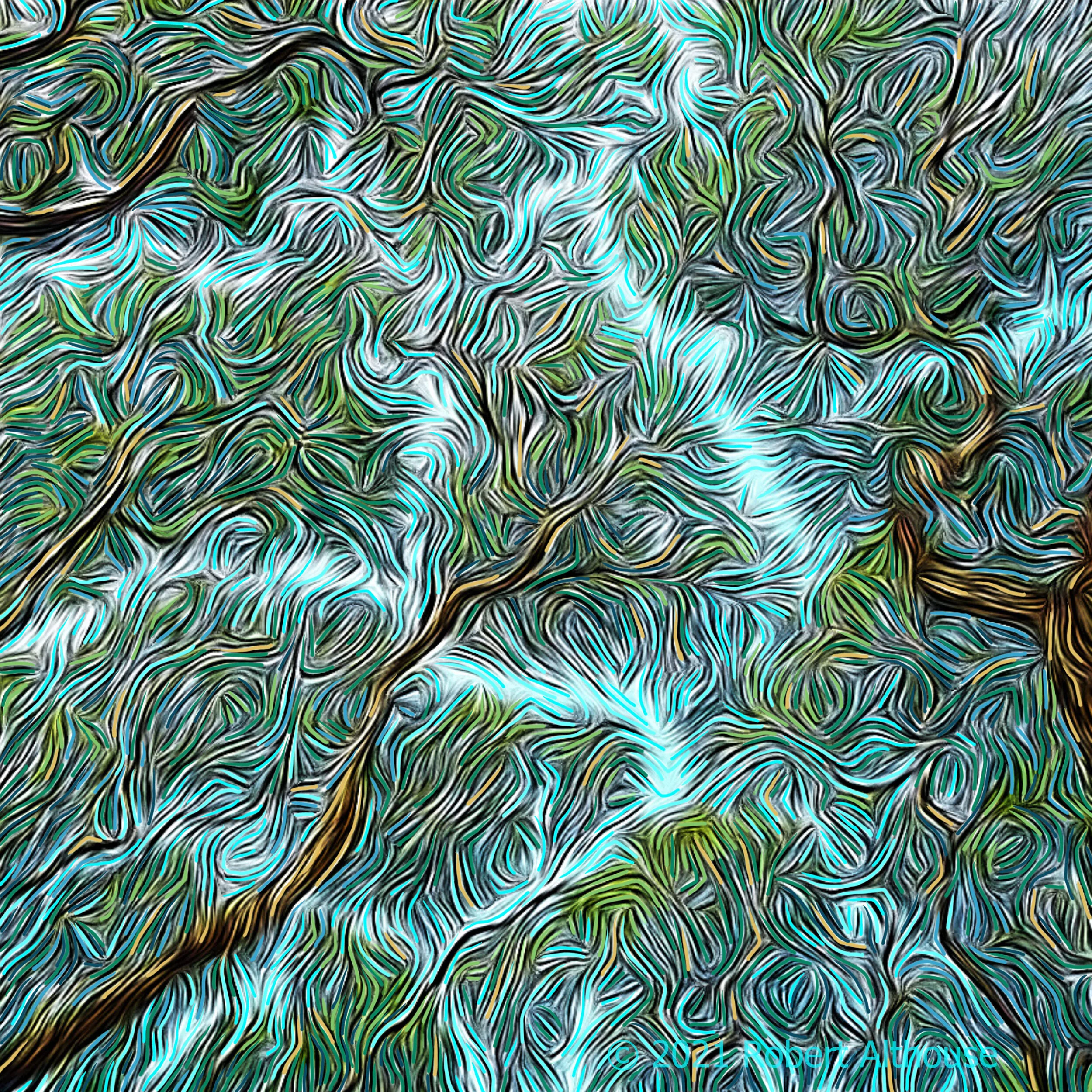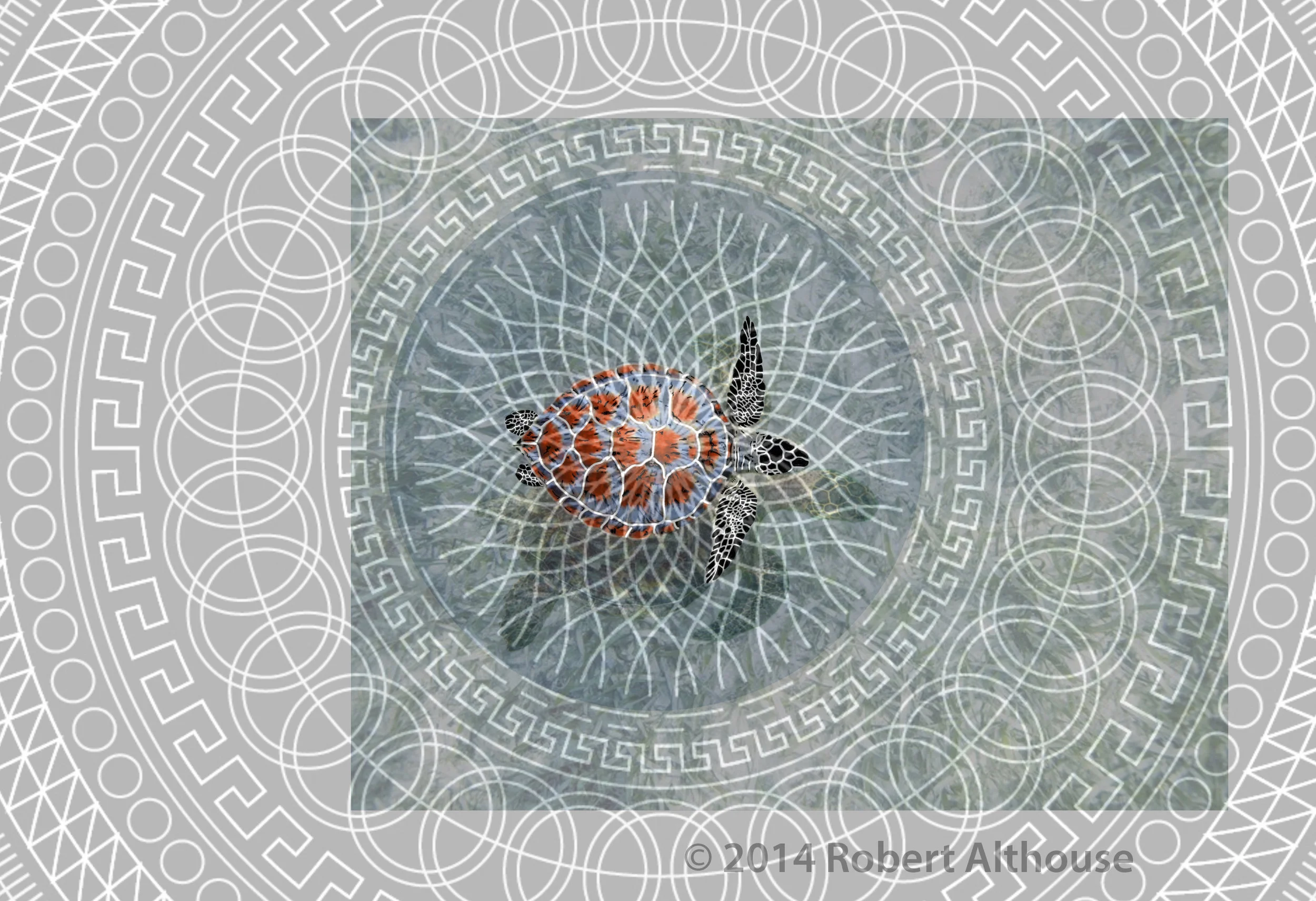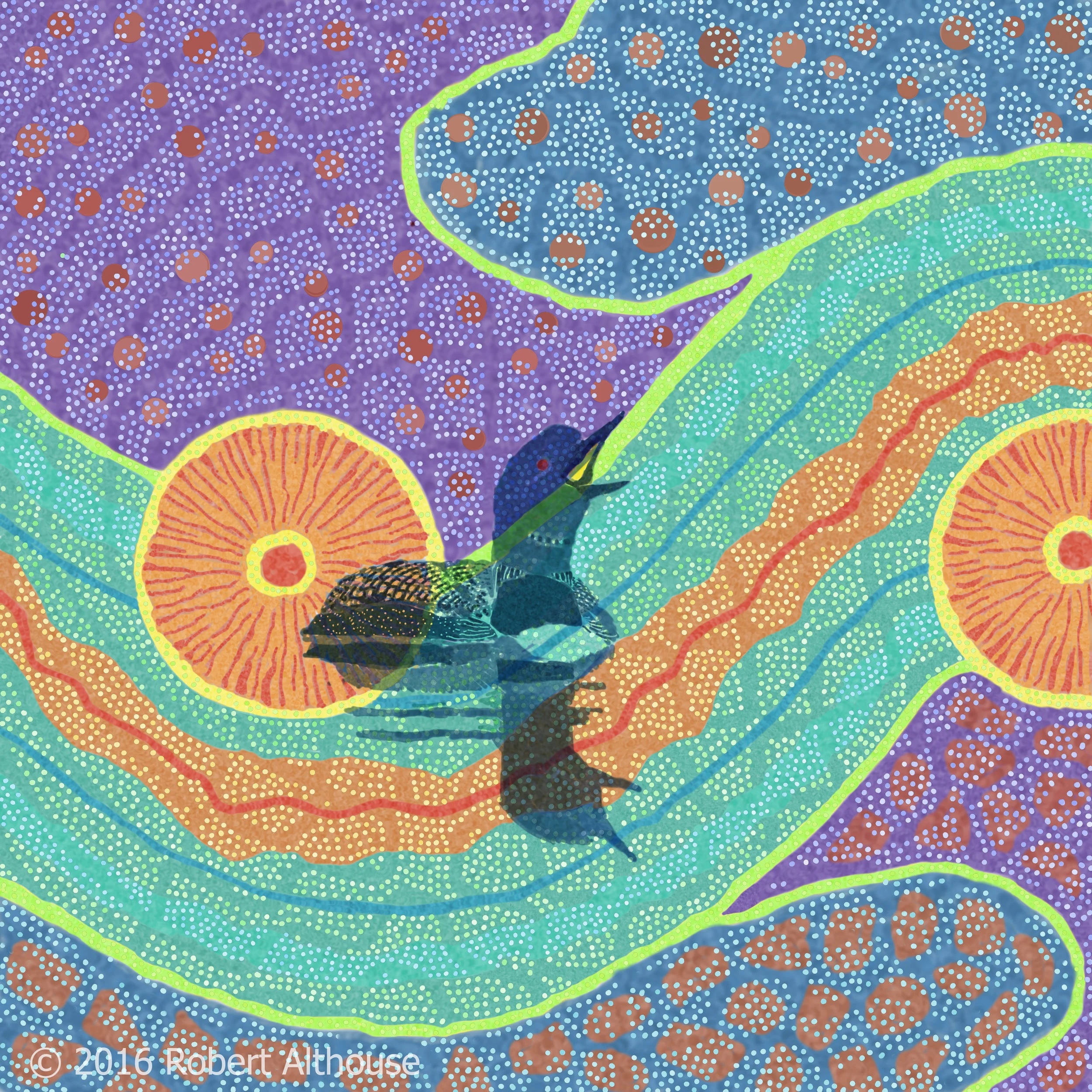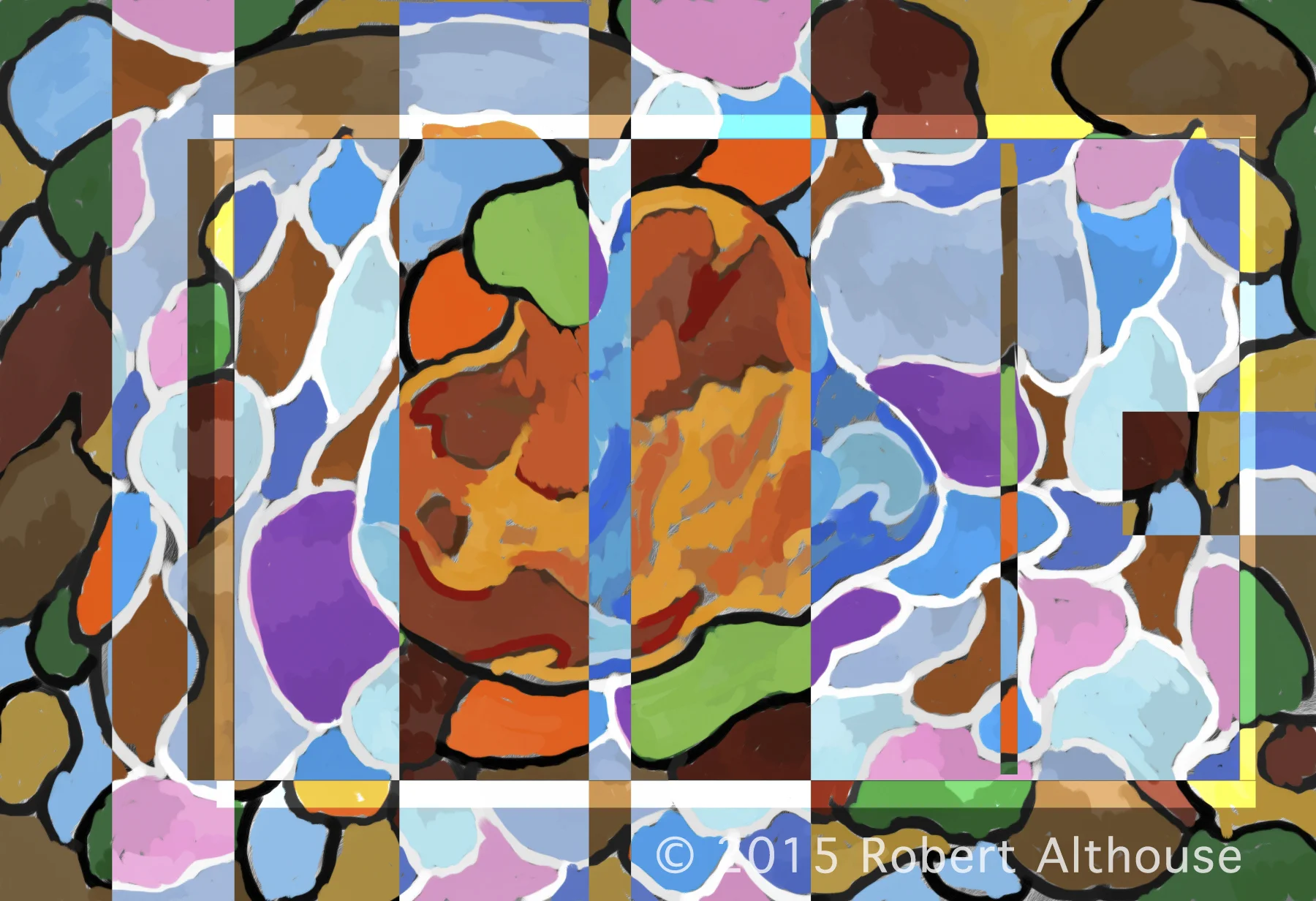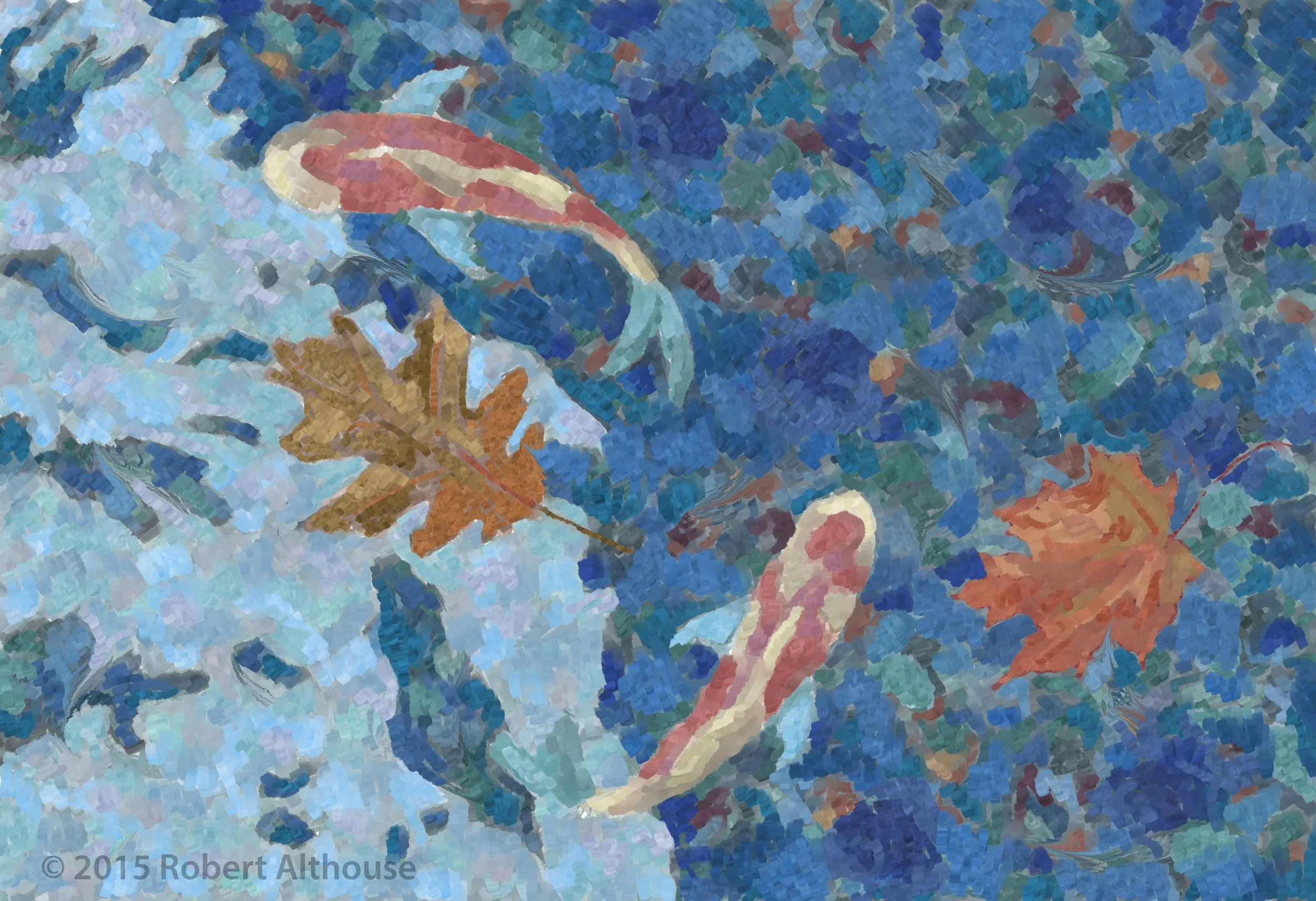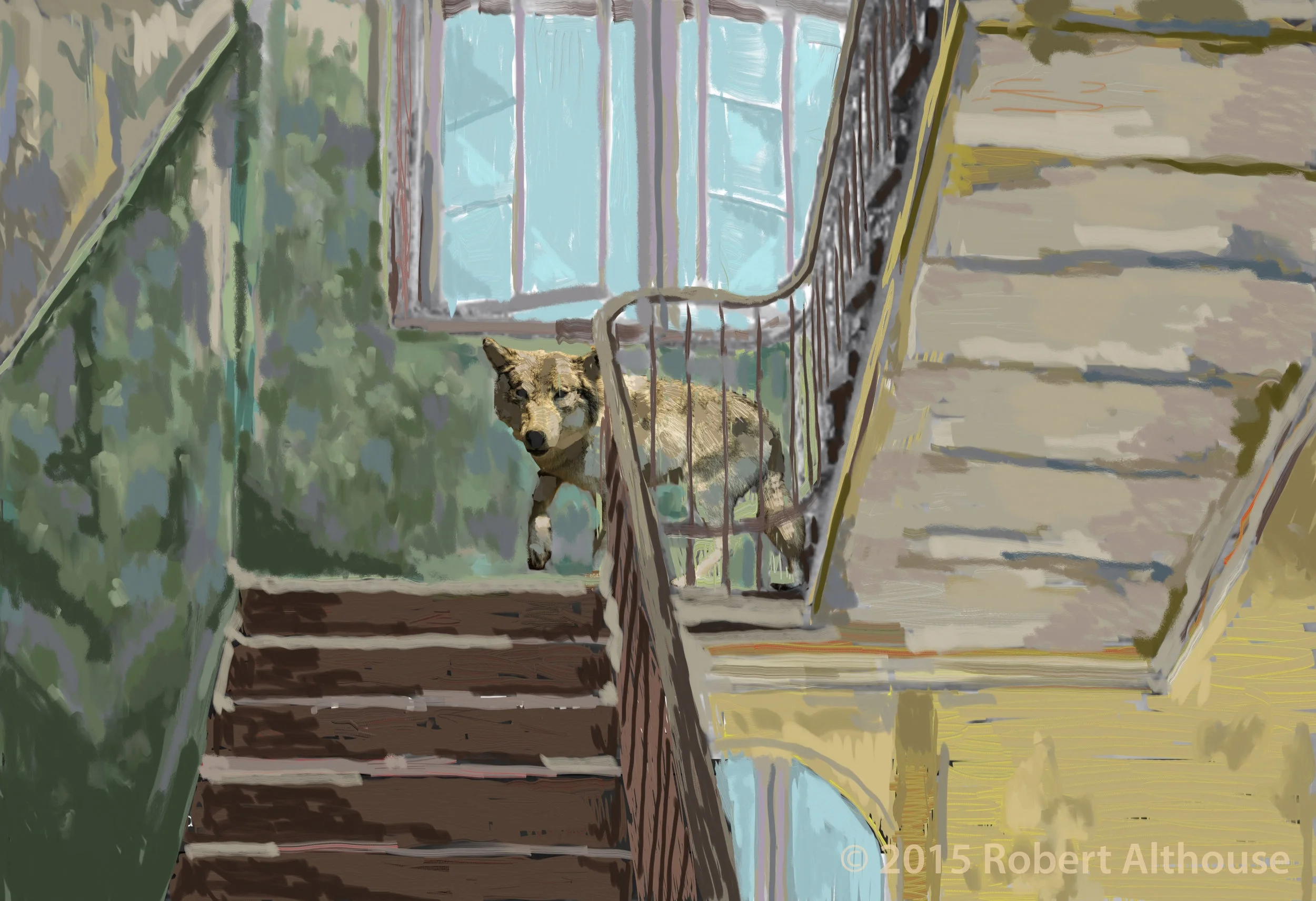In the Buddhist tradition, the path of the spiritual warrior is well laid out. It is usually referred to as the path of the Bodhisattva. There are many such teachings in Asian cultures. What are now known as the Shambhala teachings developed by Chogyam Trungpa, were first taught by the great teacher, Tibetan king Gesar of Ling. These teachings are known as the four dignities.
In a time of uncertainty and confusion, we need these teachings more than ever. These are advanced spiritual teachings. They require that you see through the illusion of ego, that you have the courage to live your life without creating any territory whatsoever. If you are inspired to let go in this way, then these teachings can help deepen and actualize your realization. It goes without saying that appreciating unconditional basic goodness and a steady diet of meditation is foundational.
We are speaking here of four metaphors for the qualities of the spiritual warrior. These four dignities are the tiger of meekness, the snow lion of discipline, the garuda of outrageousness and the dragon of inscrutability.
TIGER OF MEEKNESS
Meekness is not a word we often associate with strength, but in fact, the spiritual warrior's strength arises from gentleness, not arrogance. It's about being simple, grounded and embodied. Trungpa lays out three stages in the development of meekness. The first stage is modesty. Modesty here has to do with being simple, without pretense in a way that is completely genuine. The second stage is that of unconditional confidence. The mature tiger moves through the forest easily, with a natural rhythm. She is in no rush. She plants her paws slowly and surely. She is relaxed, yet aware of her surroundings. This ease and embodiment of the tiger is an expression of unconditional confidence. The third stage overcomes any hesitation because one's mind is vast and boundless. Having given up both ambition and any sense of a poverty mentality, the warrior's mind is stable and uplifted.
DISCERNMENT
The tiger's relaxed awareness allows her to see clearly what to keep and what to avoid. This quality of discernment is critical in developing wisdom. Without discernment, it's not possible to develop skillful behavior. The tiger is not at the mercy of our mass cultural manipulations. She can see what leads to awakening and what does not, and she has the intention and the courage to follow what leads to awakening and let go of negative emotions which embroil one in further turmoil and chaos. The tiger understands that her actions matter. Everything you do is consequential. So she cultivates virtuous actions that lead to awakening and avoids those that lead to suffering.
EXERTION
Nothing is accomplished on the path of warriorship without great exertion. Exertion creates both stability and joy. While many might exert themselves for the wrong reason, the tiger always exerts herself for the sake of awakening, so she is able to overcome doubt and create a powerful presence. This quality of tenacity allows the tiger to bear witness, remain grounded in working with difficult situations and conflicts.
Overcoming aggression, desire, and ignorance requires great determination and effort. The tiger is willing to put in the hard work on the meditation cushion to work with herself. The spiritual warrior is brave, not because she conquers and controls others, but because she is willing to face herself. And in this way, the tiger expresses open, genuine presence and tender-heartedness.
REGRET
The tiger does not linger in regret. She makes full use of her time in service to helping others. Regret is a sign that you have lost your discipline and focus. It leads to confusion and hesitation. One of the most painful things people often express on their death bed is their sense of regret that they didn't do what they could have done while alive. The tiger does not die with this kind of regret. She doesn't worry about her own happiness. By serving others and putting them first, she lives with a more sustainable joy and wholeness.
Roshi Robert Joshin Althouse

